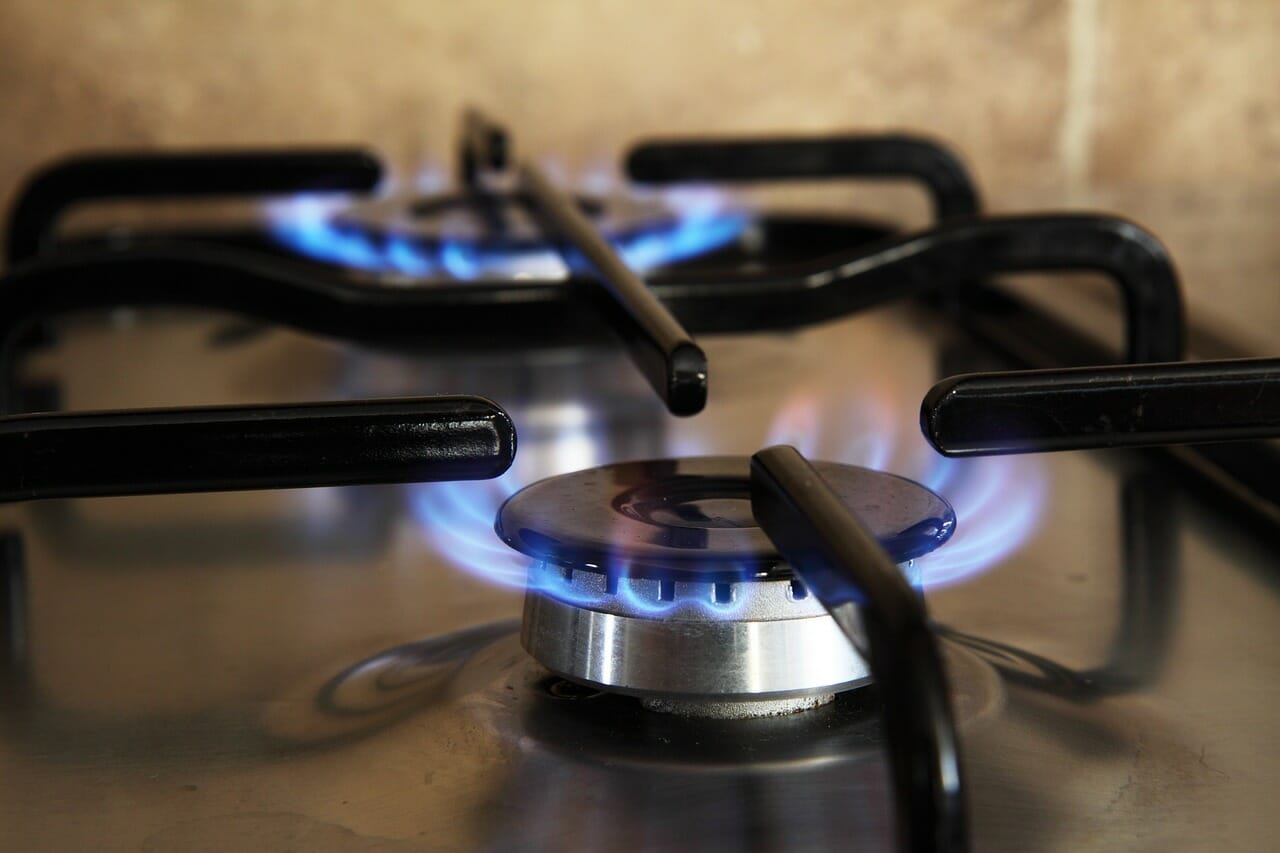Gas Stoves Cause Cancer – The “New Cigarettes?”; Lessons Learned From Smoking Could Save Lives
The Dangers Of Gas Stoves
WASHINGTON, D.C. (October 28, 2022) – “Are Gas Stoves the New Cigarettes? asks The New Republic, apparently rhetorically, since it points out the very real danger that gas stoves (and almost certainly also gas ovens) can cause lung and other cancers in families which use them, even when the oven is turned off.
Q3 2022 hedge fund letters, conferences and more
Find A Qualified Financial Advisor
Finding a qualified financial advisor doesn't have to be hard. SmartAsset's free tool matches you with up to 3 fiduciary financial advisors in your area in 5 minutes.
Each advisor has been vetted by SmartAsset and is held to a fiduciary standard to act in your best interests.
If you're ready to be matched with local advisors that can help you achieve your financial goals, get started now.
But, the article suggests, we may have learned some lessons from our long battle with cigarettes, and the public may be quicker to accept that even minute amounts of carcinogenic substances in the air - tobacco smoke and now benzene - can be deadly, and possibly cause thousands of deaths if some action isn't taken.
That's why the article quotes extensively from public interest law professor John Banzhaf - "The Man Behind the Ban on Cigarette Commercials," the "Ralph Nader of the Tobacco Industry," "Mr. Anti-Smoking," "One of the Most Vocal and Effective Anti-Tobacco Attorneys," and "The Law Professor Who Masterminded Litigation Against the Tobacco Industry."
Who started and led the nonsmoker's rights movement by getting smoking restricted and then banned on airplanes, and later on the ground (including even in some apartment and even private homes).
Banzhaf points out that it was initially very difficult to convince either scientists or the American public - including initially even the American Cancer Society - that the small amount of known cancer-causing chemicals in drifting or secondhand tobacco smoke ("Tobacco Smoke Pollution") could possibly cause cancer in nonsmokers in the same room.
However, today scientific and medical evidence overwhelmingly shows - and even the tobacco industry has been forced to admit - that thousands of nonsmokers die each year from lung and other cancers caused by inhaling minute amounts of tobacco smoke from other people's cigarettes.
Indeed, as the government reported, people seated in the NON-smoking sections of restaurants for as little as 30 minutes increase their risk of contracting lung cancer to that of a smoker.
Poisoning People
Now, at the New Republic notes, "Last week, The New York Times reported a new study strongly suggesting that gas stoves may be poisoning people in their homes. . . .
For over a decade now, there’s been a steady stream of well-reported articles indicating . . . that gas stoves . . . are in fact associated with increased risk of adverse health outcomes, including childhood asthma. , , , recently, researchers have started to pay attention instead to benzene, a chemical frequently found in gas samples and which is recognized officially by the Occupational Safety and Health Administration as a known carcinogen."
The article explained that "In the study reported last week, researchers sampled unburned gas from 159 California homes and found each of the samples contained chemicals recognized as hazardous by the Environmental Protection Agency, including benzene.
The fact that the amounts were low should not reassure people, this report made clear. 'There really is no safe threshold,' because benzene accumulates in the body over time . . . simply opening the windows or turning on a range hood while the stove is on doesn’t solve the problem."
So, like smoking, gas stoves can cause cancer and deaths from cancer, even when they are turned out. The way to deal with tobacco smoke pollution - led by efforts by Banzhaf and his nonsmokers' rights colleagues around the world - has been to ban smoking in many indoor areas, including now even in some private apartments and homes. But can we ban gas stoves the same way, and for the same reasons?
But, the law professor explains, we can and probably should provide warnings to unsuspecting users by the government and in ads for gas stoves as we do with cigarettes. Although it may be difficult and unfair - if not impossible - to require landlords to replace existing gas ovens, laws can require them not to replace existing gas ovens with new ones when the old ones have to be discarded.
Similarly, the law could require landlords to post stickers on existing gas stoves warning users about the dangers of cancer (and perhaps also of fires), and suggesting steps to mitigating the danger such as assuring adequate ventilation with outside air.
Such warnings could be especially important if the renters or their children have asthma, hay fever, allergies, etc. which might them susceptible to the many chemical byproducts of burned natural gas.
After all, governments already require landlords to install smoke detectors, and a sticker on a gas stove is far less expensive, but might also save lives.
Governments can also discourage the purchase of new gas stoves by imposing a tax on such products and/or providing a tax break for those who install electric stoves in new construction and/or replace existing gas stoves with electric ones.
Perhaps one day, new gas stoves will be banned because they cause cancer. After all, incandescent and halogen bulbs will be phased out by August 1, 2023 - not because they pose a danger of cancer or any other risk, but simply because they are inefficient. Many high volume shower heads have met the same fate, and for similar reasons completely unrelated to safety.





